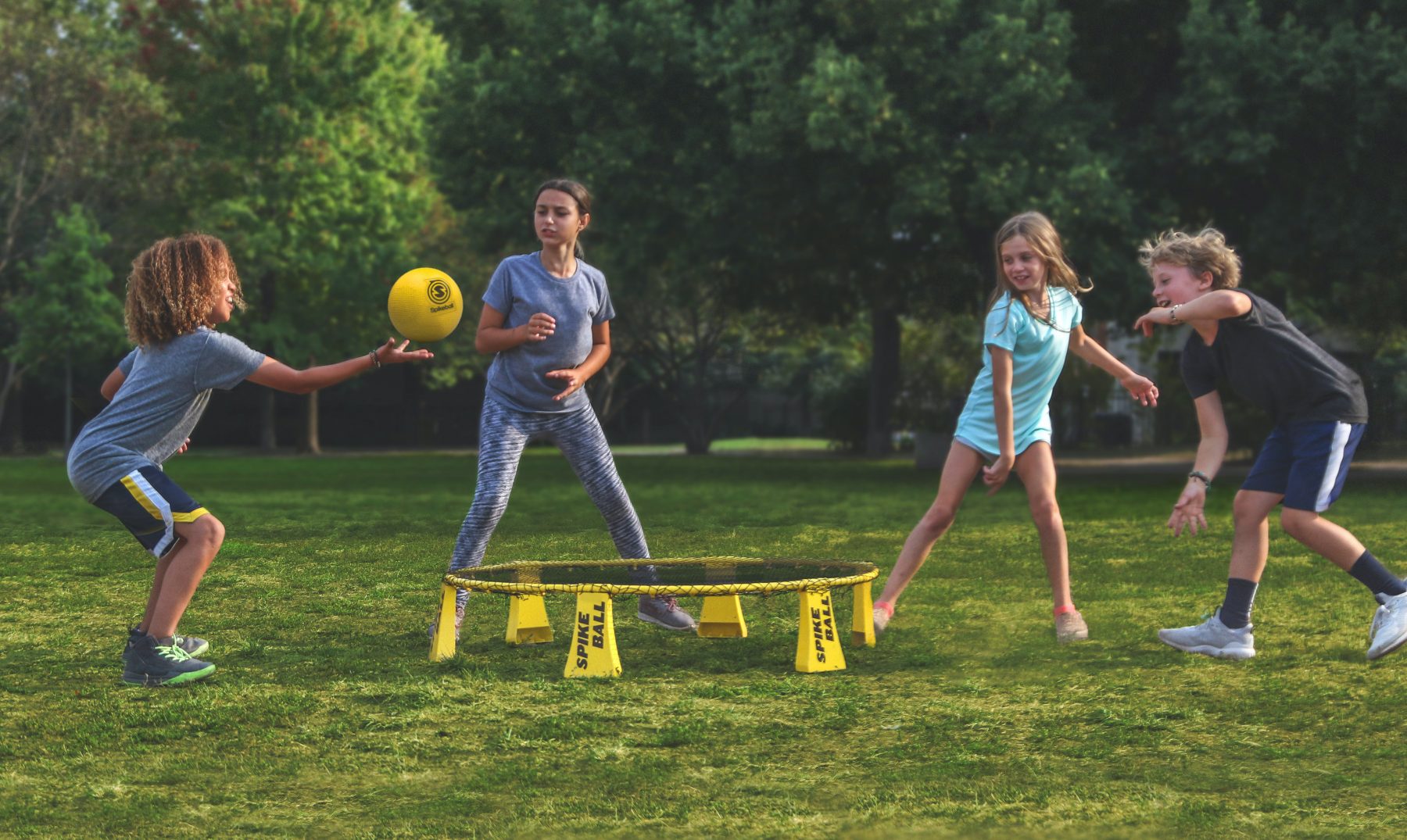Want smoother emotions in children? Get them moving, UK research suggests

Physical activity is linked with emotional regulation in early childhood, which in turn predicts academic achievement, a new study of children in the UK has suggested.
While previous studies have found that physical activity in childhood can boost self-regulation – the skill of controlling one’s emotions and behavior as required by a given context – the impact of physical activity on academic outcomes have had mixed findings.
To better understand the interplay between physical activity, self-regulation, and academics the researchers used the Millennium Cohort Study, a longitudinal study of 4,043 children in the UK.
Parents and teachers filled out questionnaires to measure the emotional and behavioral components of the children’s self-regulation skills at ages 7, 11, and 14. Children’s physical activity was assessed according to several parameters, including intensity, duration, and enjoyment.
Statistical analysis of the data showed that a greater degree of physical activity was linked to greater emotional regulation, but not behavioral regulation, across all three time points when measurements were taken. However, when the researchers accounted for the children’s socioeconomic status, physical activity was linked to lower emotional regulation and had a negligible link with behavioral regulation.
For the youngest children in the study, physical activity positively predicted emotional regulation skills resulting in higher academic achievement throughout early primary school. By late childhood physical activity appeared to positively impact academic achievement via behavioral regulation. After accounting for socioeconomic status, these links were even more pronounced.
These findings suggest that early and sustained physical activity is an important element in children’s development and schooling.
The researchers note that evaluating childhood risks for poor academic achievement is complex, as evidenced, in part, by the influence of socioeconomic status on the results. The findings demonstrate the importance of ensuring that children have access to forms of physical activity, particularly for children from less-advantaged settings who lack the resources or opportunities to participate in physical activity than their better-advantaged peers.
To access the findings in full, please see here.
Popular

Practice
Provider
Quality
Research
Workforce
New activity booklet supports everyday conversations to keep children safe
2025-07-10 09:00:16
by Fiona Alston

Quality
Practice
Provider
Research
Workforce
Honouring the quiet magic of early childhood
2025-07-11 09:15:00
by Fiona Alston

Quality
Practice
Provider
Workforce
Reclaiming Joy: Why connection, curiosity and care still matter in early childhood education
2025-07-09 10:00:07
by Fiona Alston












